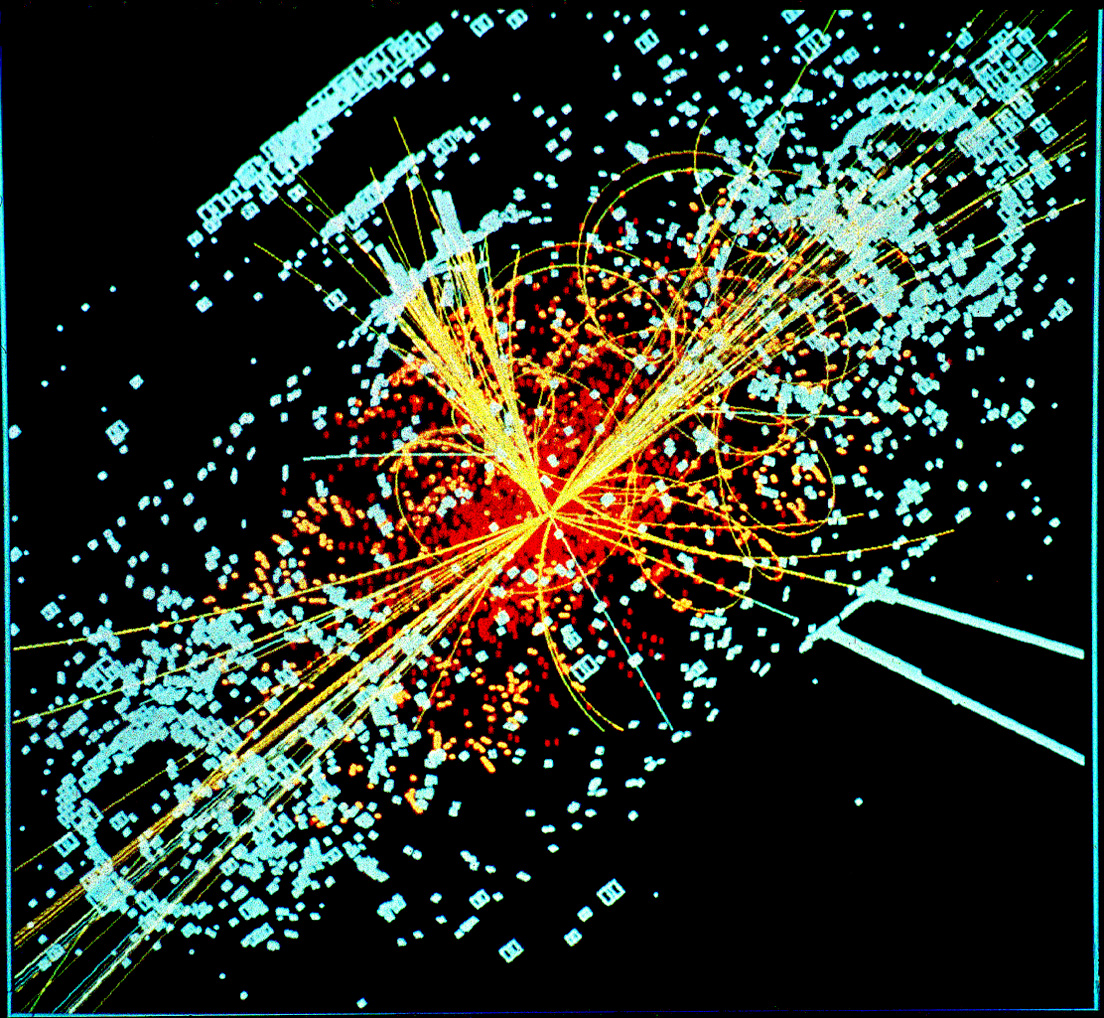I do agree that "theories" are not equivalent to "truth". At most, they are just the best approximation of the "truth" that we can develop at a particular point in time.
I think of "truth" more as "reality" than anything else.
It is the truth that, here on earth, humans cannot fly through the air by flapping their arms, but many birds and bats can. That is considered a "fact", based on observations and testing.
Getting into understanding why that is true is where we get into a lot of different levels of scientific theory. At the far end of that spectrum of experiments, conceptual models, and math involving physics, biology and evolution, we get to the questions such as why didn't humans develop the ability to fly by flapping their arms? After all, we do have a history of wishing to do so, and have concepts of human-like angels and fairies with wings that can do so. So, why can't we do what we wish to do? That is where philosophy tends to take over the discussion. But, we should not let philosophical opinions work back through our logic of theories, math, models, etc. to the point that they constrain what we observe as the reason for what we have established as facts.
Bringing that back to the actual subject of the article that is the basis for this thread, we currently do not have any known way for travelling to even the closest star to our Sun. We can imagine doing it, but we do understand that we do not have the actual capability to do it - base on our best understanding of "reality" today. But, we also understand that we don't know everything about everything, so therefore have some hope of learning something not yet known that will someday allow us to make that journey.
But, that is only "hope". There is no "real" basis for assuming that it will ever become possible. Extrapolating the increases in knowledge and the development of technology that has occurred in our past, with some bias in its direction to reflect our hopes for the future, does not assure us that our hopes will ever become facts or truth. We, and other intelligent beings that may exist elsewhere in our galaxy, may never be able to travel to other stars, or even send probes to each other. Or, maybe tomorrow, we will learn something that gives us the capability to do so - which could mean that others, elsewhere, might have already learned the same thing and done so. Those are both conceptually possibilities, but neither is "fact" or "truth" so far as we are able to determine now.



